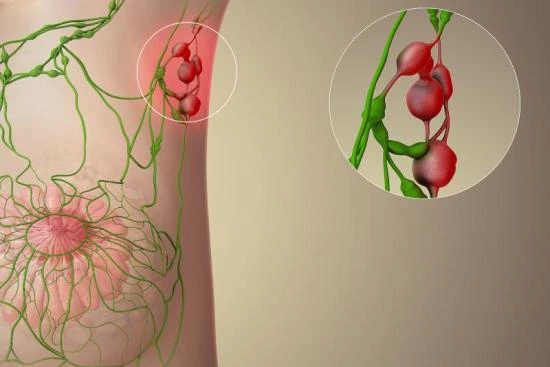Lymph node dissection, also known as lymphadenectomy, is a vital surgical procedure when there is a risk of cancer spreading. This operation involves removing lymph nodes that may be affected by cancerous cells in order to limit the spread of the disease and enable more precise treatment planning.
If your doctor suggests lymph node dissection, it is an essential step in your treatment journey.
Lymph node Dissection in Turkey: Cost & reviews
In Turkey, you have access to high-quality lymph node dissection procedures performed in certified clinics and hospitals. Thanks to our carefully selected network of medical partners, you benefit from effective, safe, and affordable treatment.
We work with experienced doctors who specialize in oncologic surgery and cancer care.
With Turquie Santé, you are supported every step of the way: free quote, organization of your medical trip, language assistance, post-operative follow-up—everything is designed to ensure a smooth and stress-free care experience.
Want to learn more or discuss your specific case? We're here to listen, guide you, and help you find the best possible option with complete confidence.
Simply fill out our form, and a medical coordinator will get back to you promptly with the best proposals.








